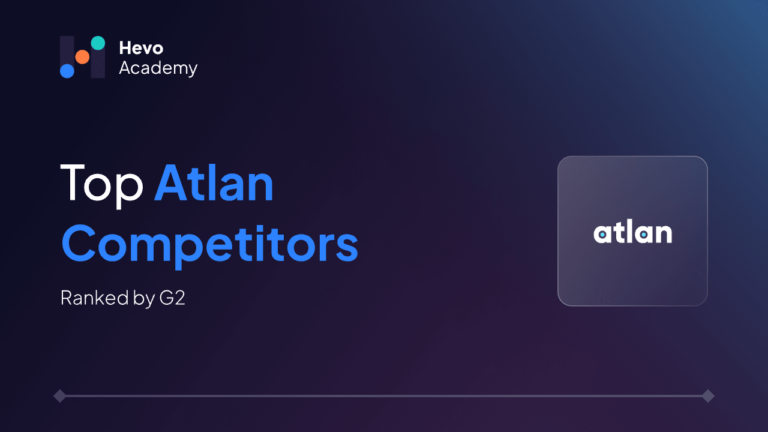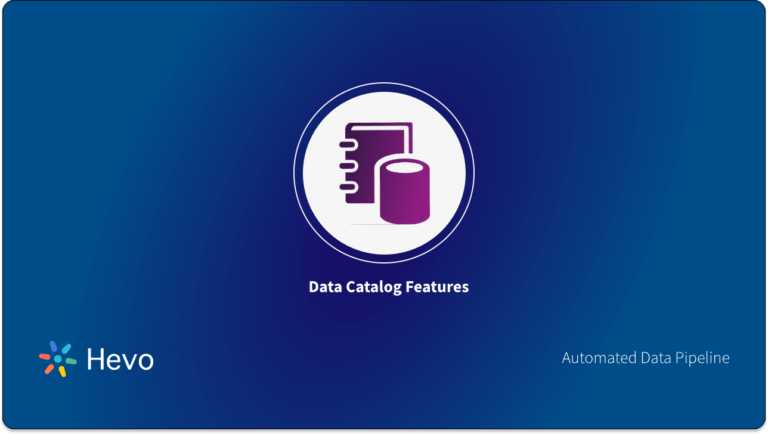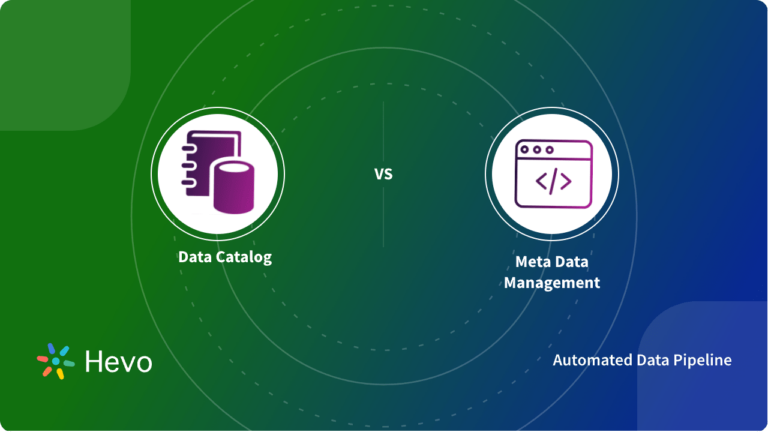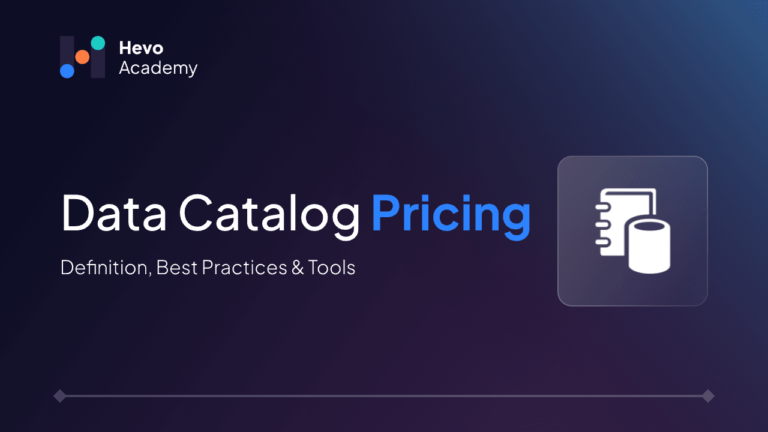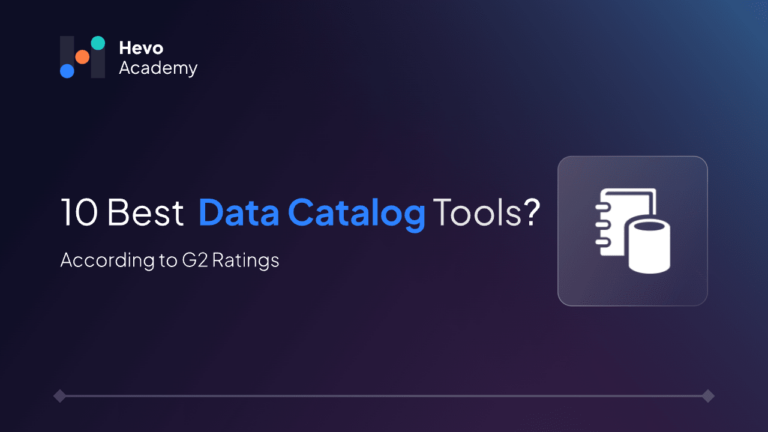Today, data cataloging tools are the most crucial assets for data management, organization, and governance across organizations. Atlan’s collaborative yet scalable platform has emerged as a top choice for teams pushing for data democratization, lineage, and governance. But there are other alternative tools with similar features that are usually offered to meet specific organizational needs. At this blog, we shall explore the top 10 Atlan competitors and alternatives, which also include their key features, pricing, and why they can be the best fit for your organization.
Table of Contents
Check out this Blog to learn more about Data catalog.
What does Atlan Offer?
Atlan is a modern, collaboration-first data catalog and governance platform that empowers data teams to work more efficiently and collaboratively. Atlan is built to ease the integration process and scale flexibly to support organizations with managing their ecosystems and encouraging a culture of collaboration among data professionals.
They offer:
- Automated Data Lineage: This automatically maps and visualizes data lineage in support of governance and compliance.
- Integration Hub: Atlan integrates data source capabilities with over hundreds of data sources, BI tools, and cloud platforms.
Looking for the best ETL tools to connect your data sources? Rest assured, Hevo’s no-code platform helps streamline your ETL process. Try Hevo and equip your team to:
- Risk management and security framework for cloud-based systems with SOC2 Compliance.
- Integrate data from 150+ sources(60+ free sources).
- Utilize drag-and-drop and custom Python script features to transform your data.
Top 10 Atlan Competitors & Atlan Alternatives
1. Alteryx
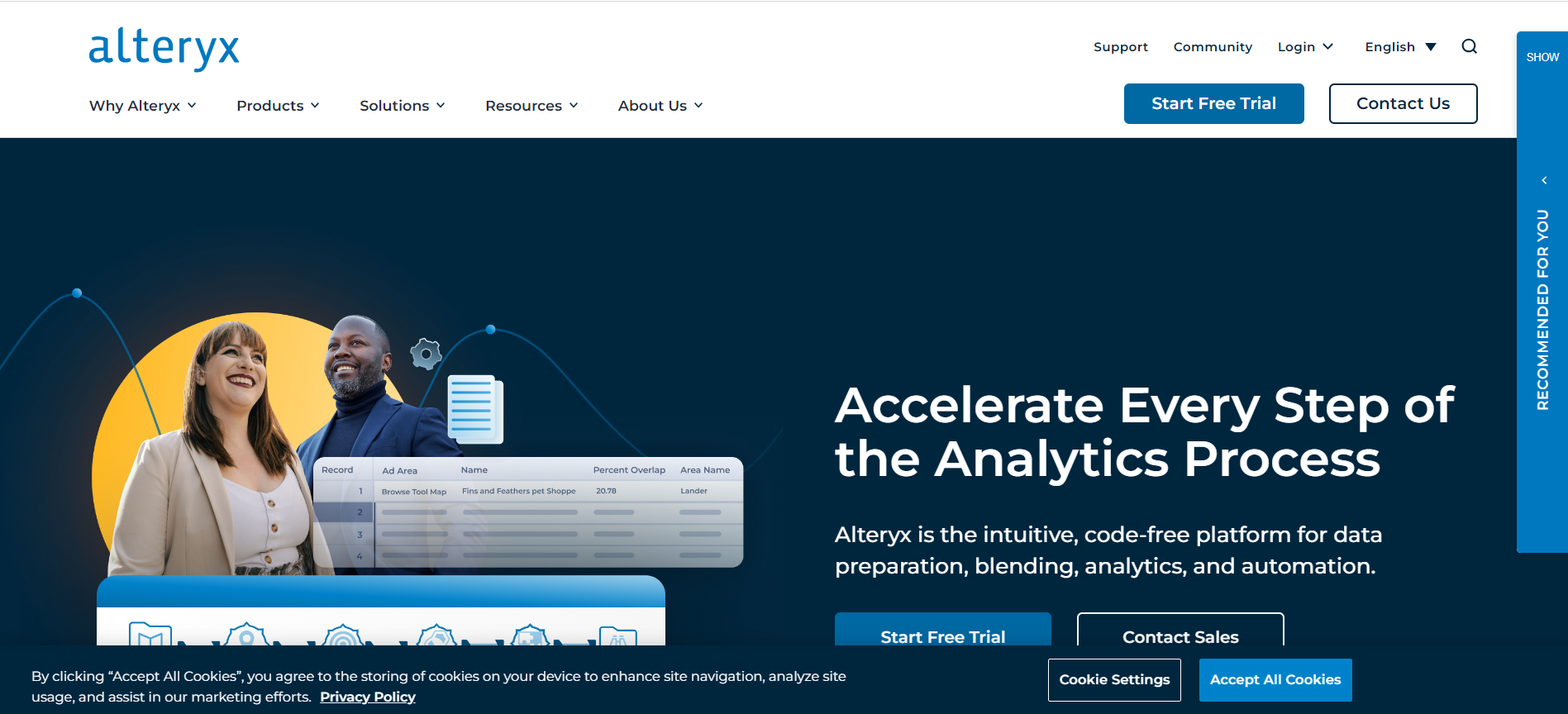
G2 Rating: 4.6/5
Alteryx is renowned for its robust data analytics and end-to-end data preparation capabilities. It also features a drag-and-drop interface, making it easy to use without requiring extensive coding skills.
Key Features:
- Advanced data blending and analytics
- Automation of workflows to enhance efficiency
- Seamless integration with popular BI tools like Tableau and Power BI
Why Consider It:
If your team needs advanced analytics with simple interface tools, Alteryx offers strong alternative functionalities to Atlan.
Pricing:
Available across different tiers based on team size and needs.
2. Google Data Catalog
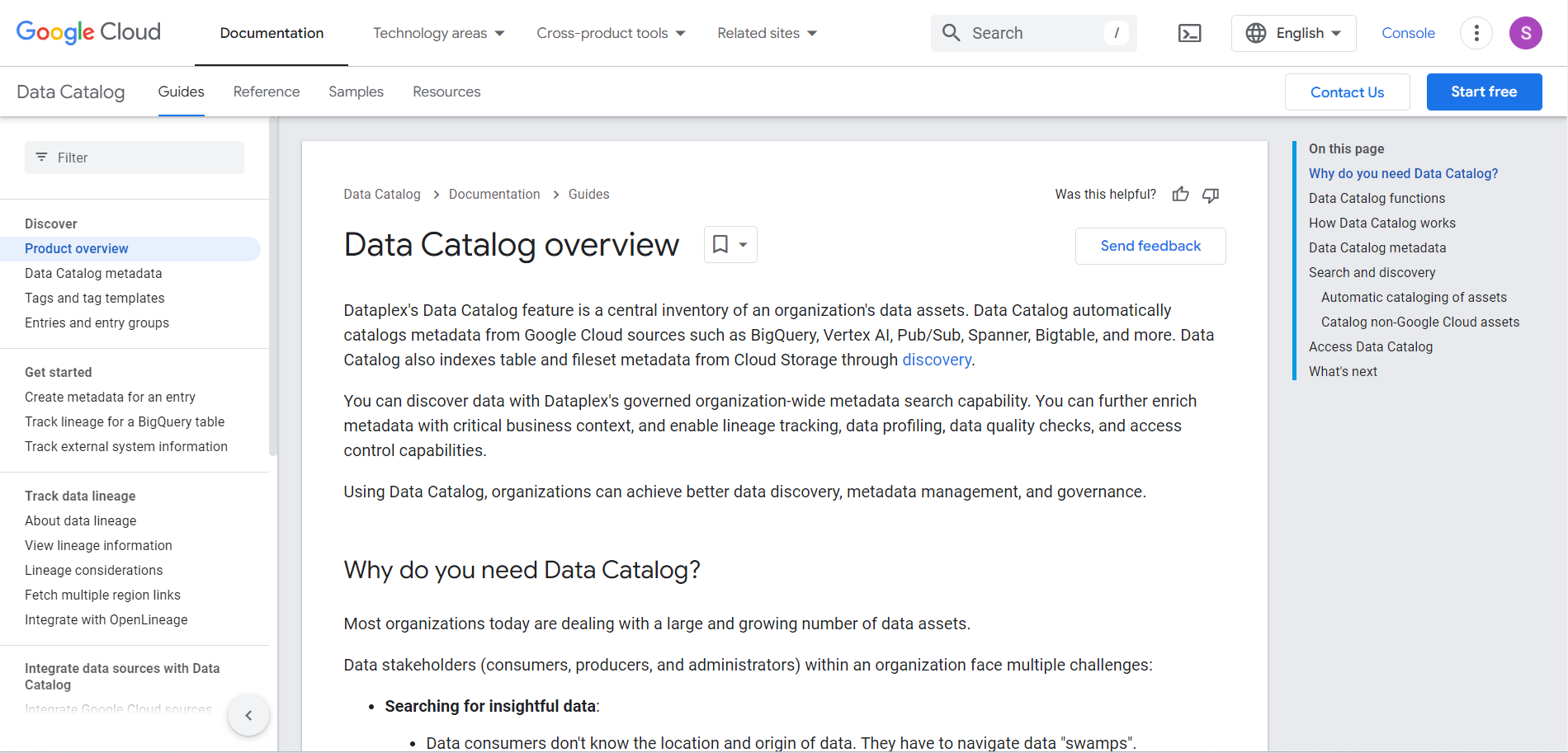
G2 Rating: 4.4/5
Google Data Catalog is a fully managed metadata management tool designed to integrate effortlessly with Google Cloud, offering powerful data discovery and search functionalities.
Key Features:
- Centralized metadata management
- Advanced search and tagging capabilities
- Tight integration with other Google Cloud tools
Why Consider It:
For organizations heavily using Google Cloud, this is a great option with native cloud integration.
Pricing:
Based on API calls and usage.
3. Talend Data Catalog
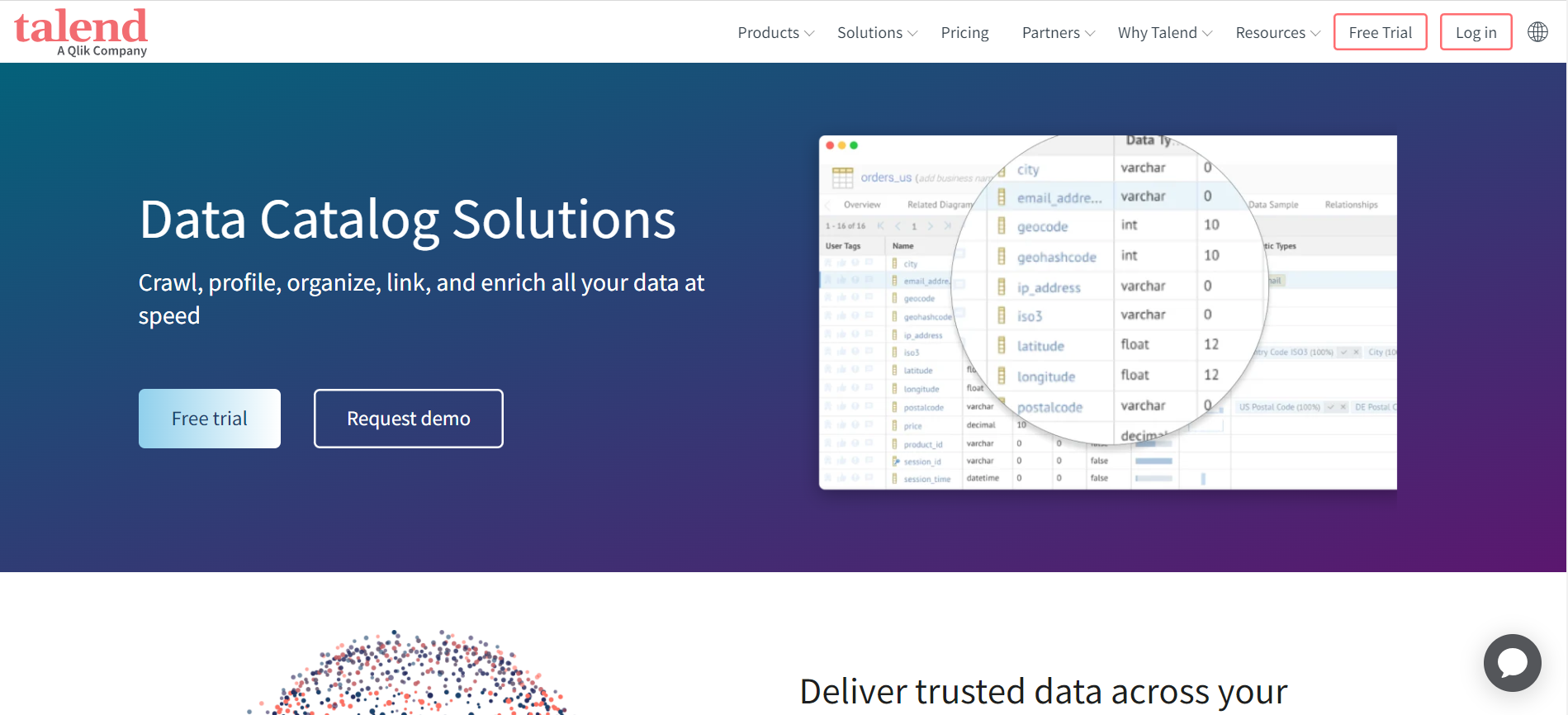
G2 Rating: 4.3/5
Talend offers an extensive suite of tools focused on data integration and governance, including a robust data catalog system that excels in data quality management.
Key Features:
- Automated metadata discovery
- Data lineage tracking and profiling
- Seamless integration with other Talend tools
Why Consider It:
If your team is already using Talend’s integration suite, this tool offers seamless collaboration and governance.
Pricing:
Subscription plans depending on the required features.
4. Collibra
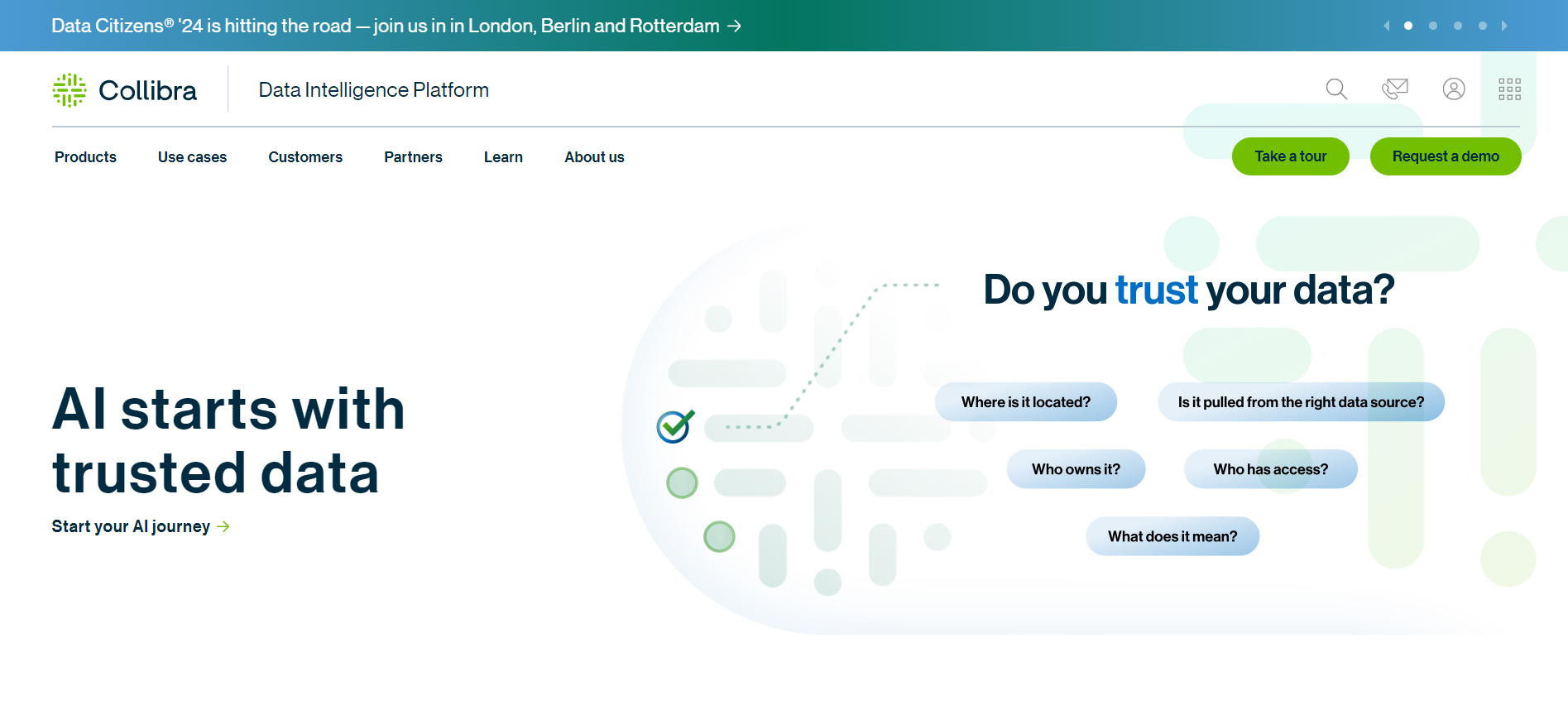
G2 Rating: 4.3/5
Collibra is one of the leaders in the data governance space, offering extensive tools for data stewardship, compliance, and lineage tracking.
Key Features:
- Comprehensive data governance
- Automated lineage visualization
- Collaboration features for data stewards
Why Consider It:
Choose Collibra for enterprise-level governance with strong collaboration and compliance tools.
Pricing:
Tailored for enterprise use cases.
5. Informatica Enterprise Data Catalog (EDC)
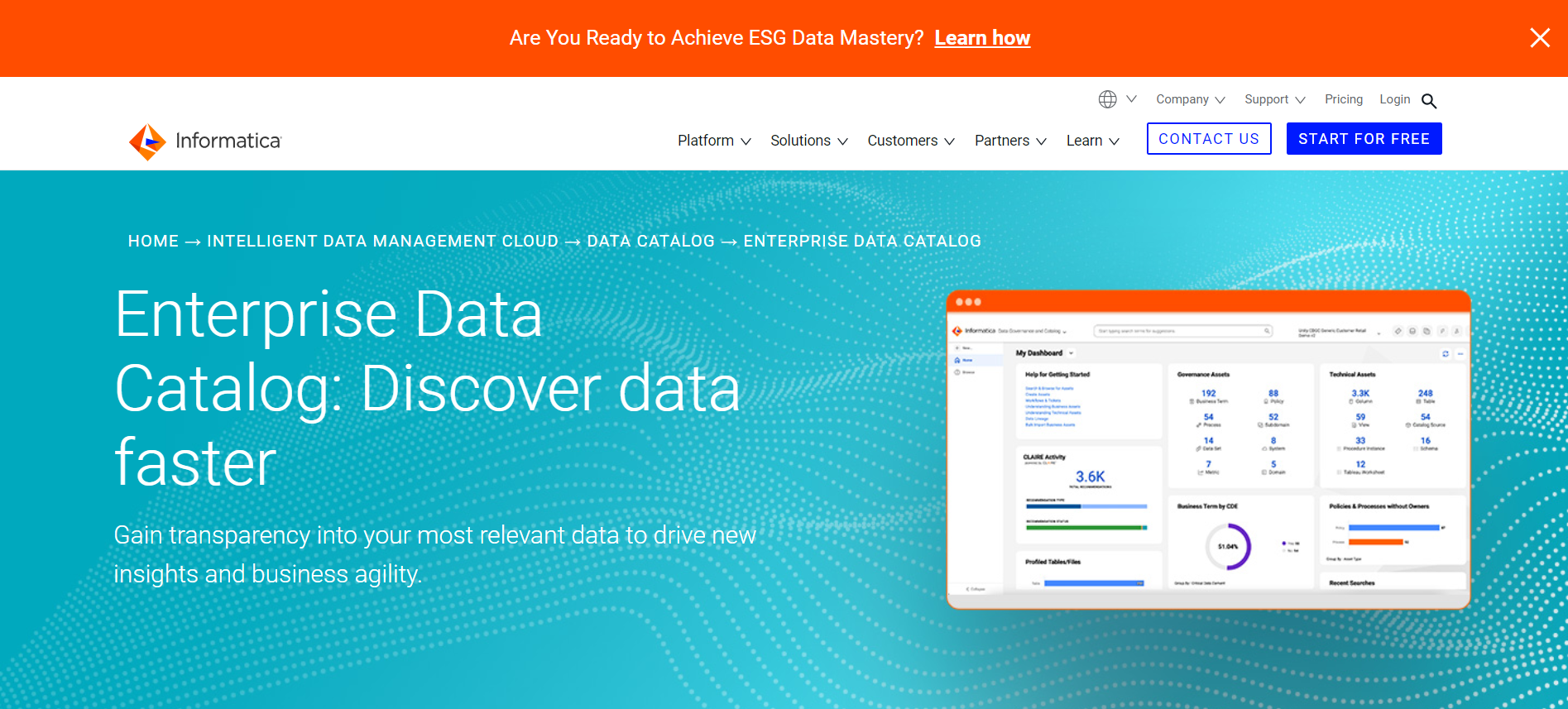
G2 Rating: 4.3/5
Informatica EDC provides enterprise-level metadata management with AI-powered data discovery, giving organizations full visibility of their data assets.
Key Features:
- AI-driven data discovery
- Customizable dashboards for data monitoring
- Centralized metadata management
Why Consider It:
Ideal for larger organizations requiring advanced analytics with metadata management.
Pricing:
Based on enterprise needs with various pricing tiers.
6. SAP Data Intelligence
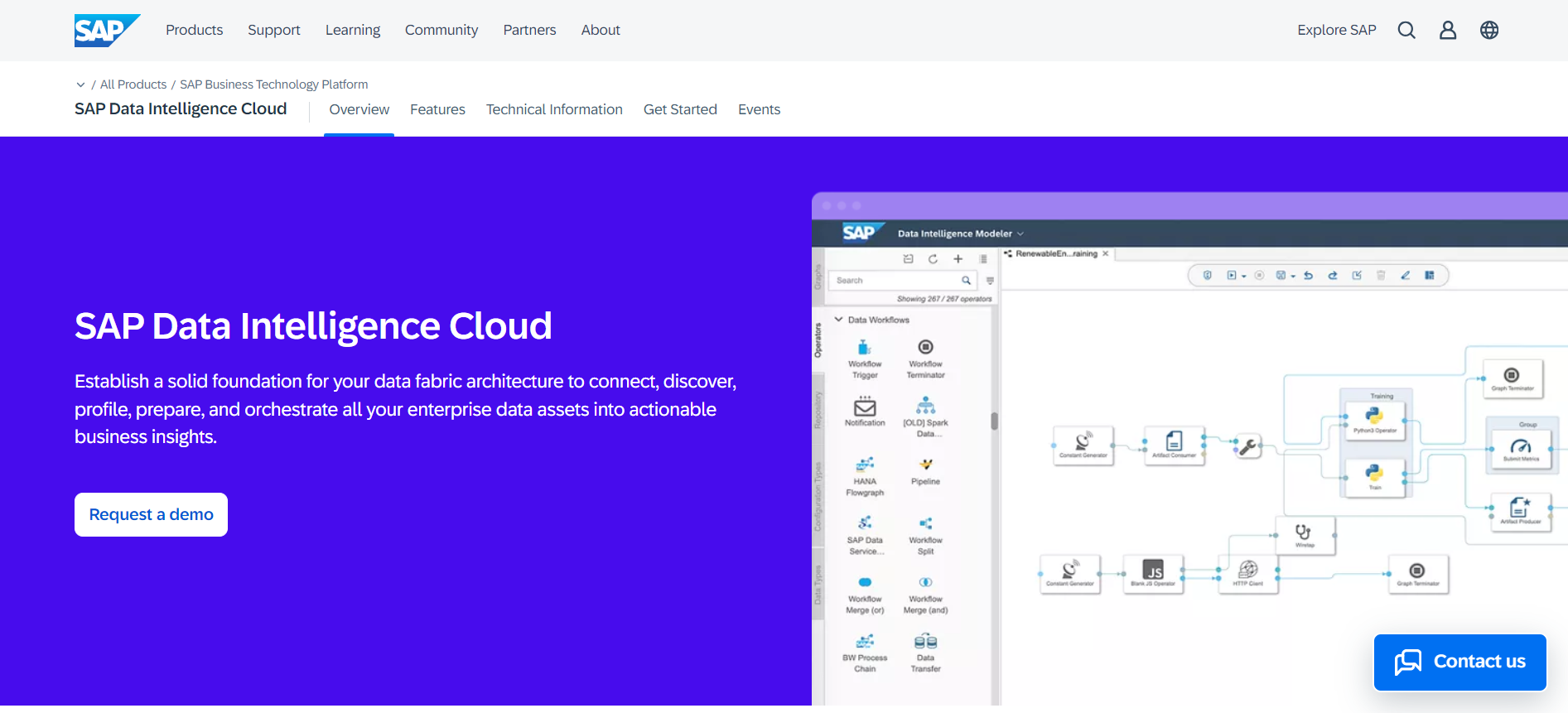
G2 Rating: 4.1/5
SAP Data Intelligence is a holistic platform combining data orchestration, integration, and AI-powered analytics with a strong focus on multi-cloud deployment.
Key Features:
- Multi-cloud and on-premises support
- AI and machine learning features for data processing
- End-to-end data governance
Why Consider It:
It’s a great alternative for organizations already embedded in the SAP ecosystem.
Pricing:
Scales with features and deployment size.
7. IBM Watson Knowledge Catalog
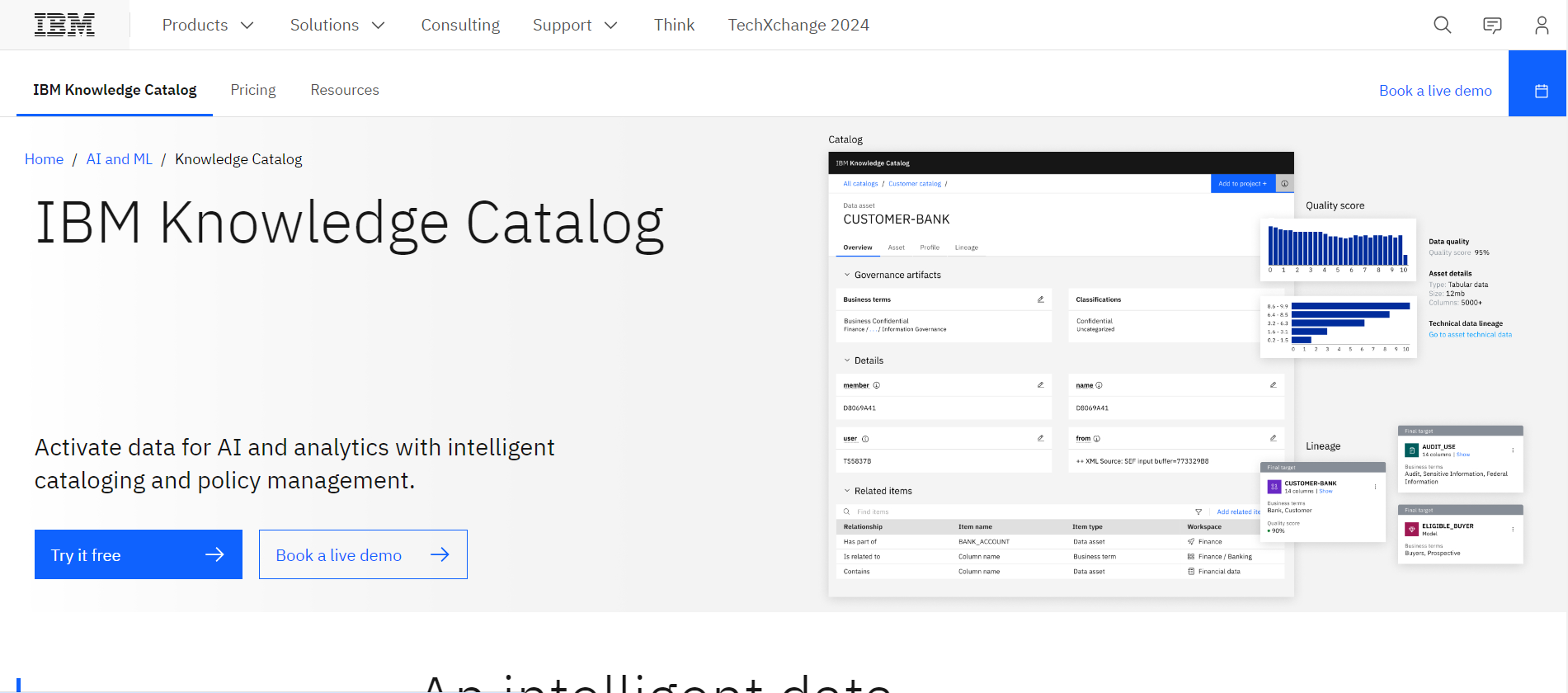
G2 Rating: 4.1/5
IBM Watson Knowledge Catalog integrates AI to automate data discovery and governance, offering advanced features like role-based access controls.
Key Features:
- AI-powered data discovery
- Compliance with regulatory data policies
- Seamless IBM Watson AI integration
Why Consider It:
If you’re already using IBM’s cloud services, this catalog adds AI-based automation and governance.
Pricing:
From free for small projects to enterprise-tier features.
8. data.world
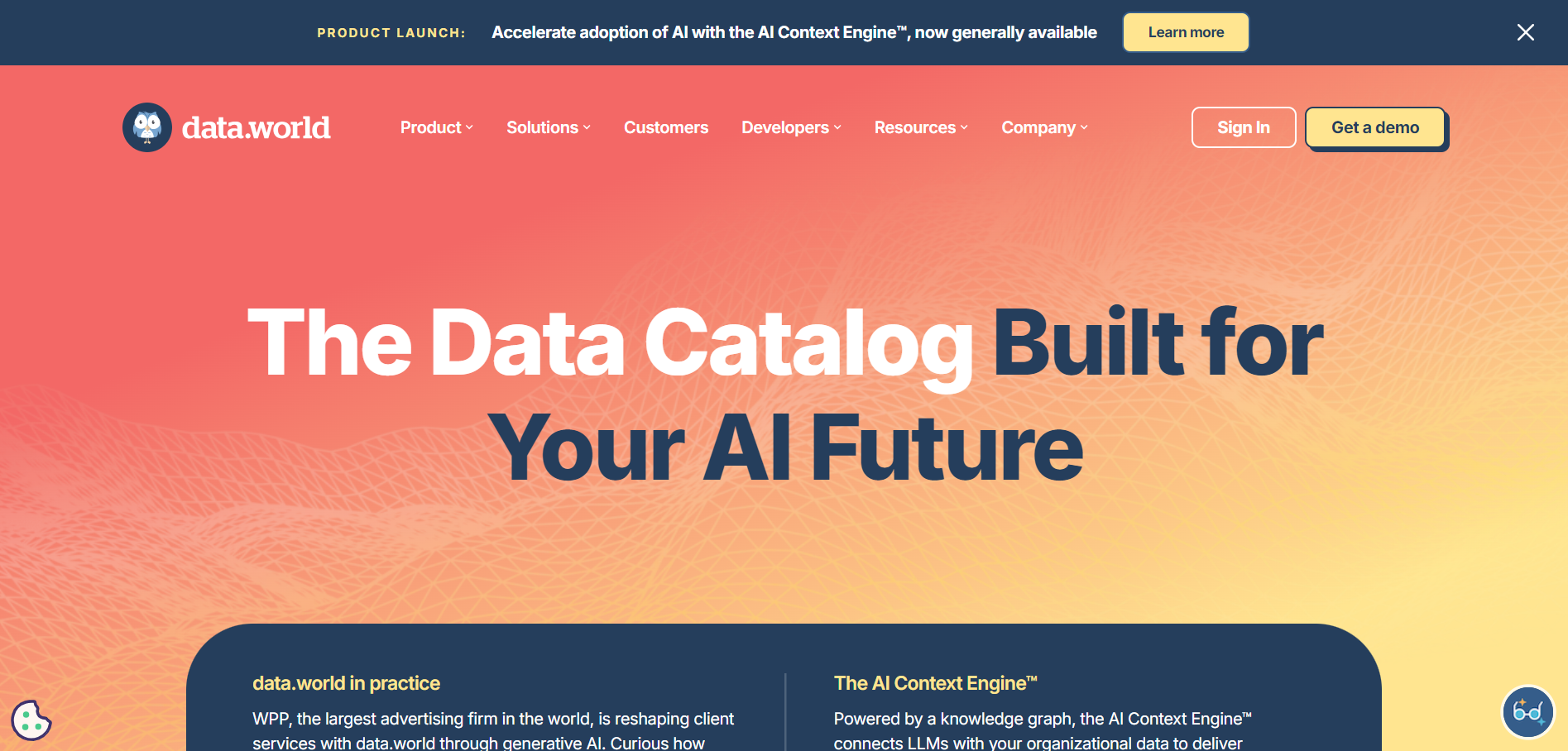
G2 Rating: 4.2/5
Data.world is a cloud-native platform is known for its community-driven approach and strong integration with BI tools, offering intuitive collaboration and governance.
Key Features:
- Community-driven data sharing
- Advanced search and metadata tagging
- Linked data architecture for enhanced discoverability
Why Consider It:
Perfect for organizations looking for collaboration-centric data cataloging.
Pricing:
Free for small teams; enterprise options available.
9. Amundsen
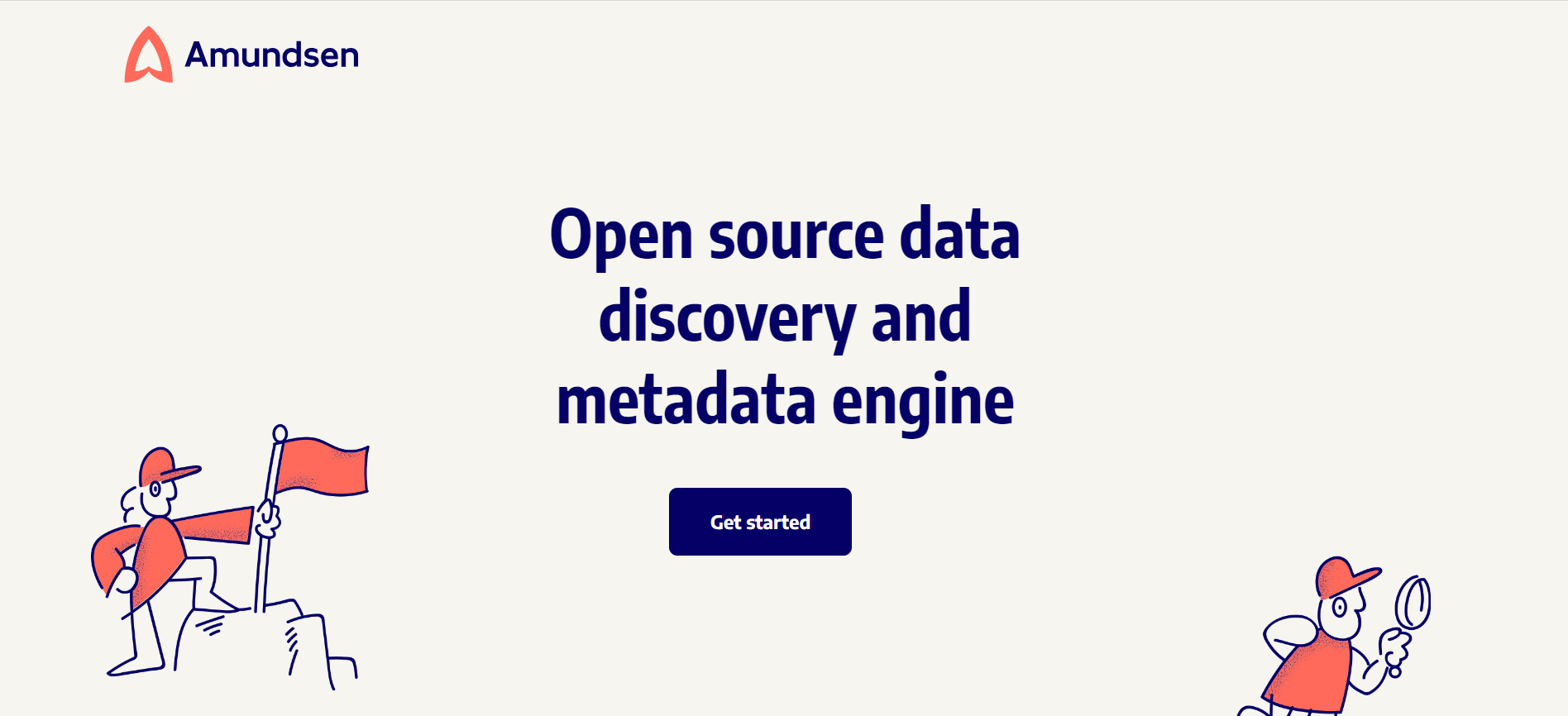
G2 Rating: N/A (Open-source)
Amundsen is developed by Lyft, Amundsen is an open-source data discovery and metadata management platform that emphasizes ease of use and customization.
Key Features:
- Google-like search for data discovery
- Open-source flexibility for custom development
- Lineage visualization
Why Consider It:
A cost-effective solution for tech-savvy teams with development capabilities.
Pricing:
Free for open-source; enterprise-level options available.
10. Alation
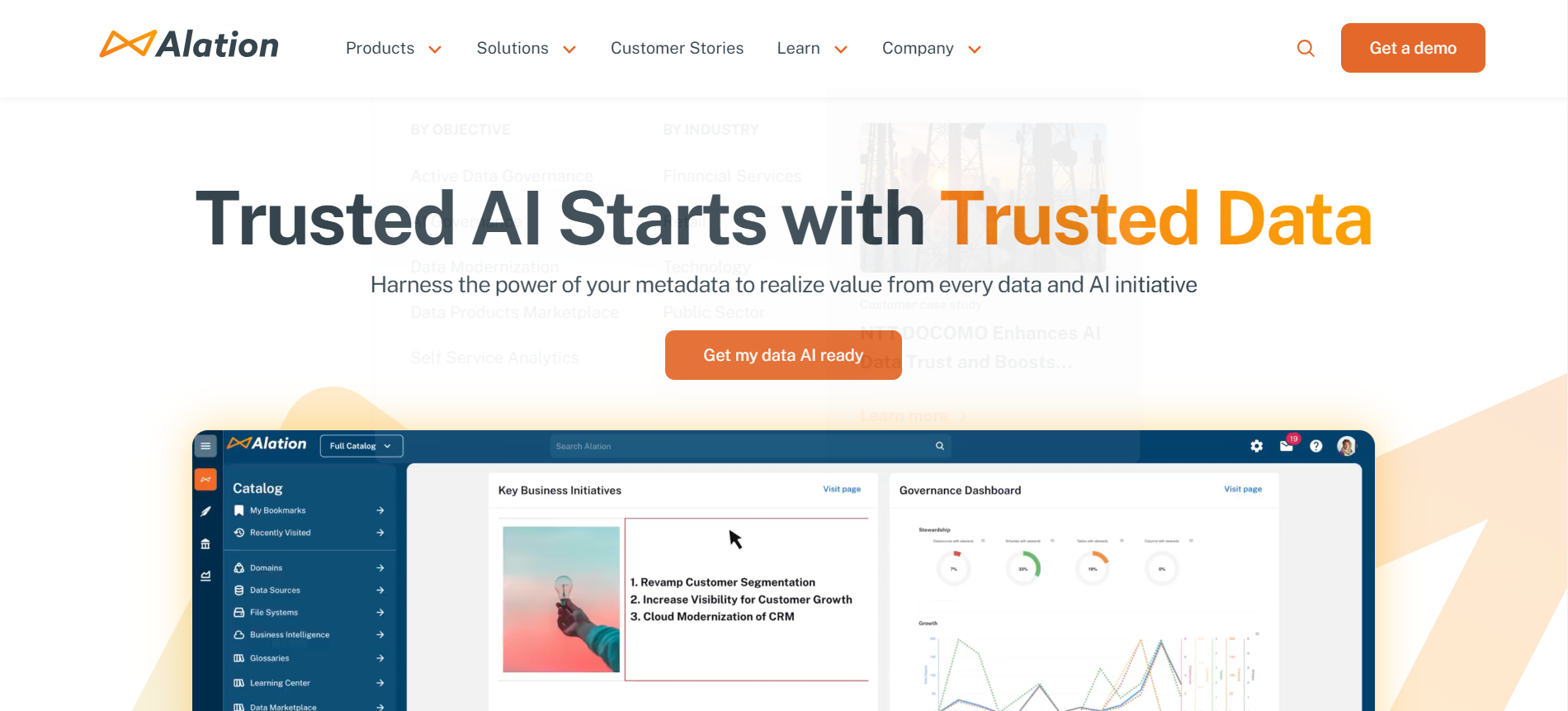
G2 Rating: 4.4/5
Alation is a leading competitor in the data cataloging space, known for its user-friendly interface and collaborative tools that allow for enhanced data discovery.
Key Features:
- Extensive integration with BI tools
- Powerful data governance and collaboration features
Why Consider It:
A direct competitor to Atlan with equally robust cataloging and governance capabilities.
Pricing:
Customizable based on features and organization size.
Head-to-Head Comparison Atlan Alternatives
| Tool | Integration Capabilities | Ease of Use | Pricing | Scalability |
| Atlan | Connects with various data sources, BI tools, and cloud platforms | Highly intuitive, collaboration-first | Free for small teams, advanced features on paid tiers | Scalable for small to large teams |
| Alteryx | Integrates with BI tools like Tableau, Power BI, and cloud platforms | Drag-and-drop simplicity | Tiered pricing based on features and usage | Scales well for both small and large enterprises |
| Google Data Catalog | Native integration with Google Cloud and related services | User-friendly within Google ecosystem | API-based pricing | Scales with Google Cloud Infrastructure |
| Talend Data Catalog | Seamless integration across Talend suite and other sources | Easy to use with comprehensive features | Subscription-based pricing | Scales across on-premise and cloud environments |
| Collibra | Connects with various data sources and BI tools | Collaborative, intuitive interface | Tiered pricing based on usage | Scales efficiently for large organizations |
| Informatica Enterprise Data Catalog | Integrates with diverse sources and applications | AI-powered, user-friendly interface | Subscription-based pricing | Scalable for enterprise-level data management |
| SAP Data Intelligence | Supports multi-cloud and on-premises deployment | Comprehensive, but requires expertise | Tiered pricing based on features | Scales for large enterprises and complex systems |
| IBM Watson Knowledge Catalog | Strong integration with IBM Cloud and Watson AI | User-friendly with AI-driven features | Free for small projects, enterprise plans available | Scales well within the IBM ecosystem |
| data.world | Integrates with data warehouses and BI tools | Community-driven, simple interface | Free for basic, enterprise pricing for larger teams | Scalable for organizations of various sizes |
| Amundsen | Open-Source, customizable integrations | Simple and effective for search | Free (open-source), paid enterprise hosting | Highly flexible, scalable for custom setups |
| Alation | Extensive integrations with data sources and BI tools | User-friendly, intuitive search | Custom pricing based on organizational needs | Scales efficiently for large enterprises |
Conclusion
When choosing an Atlan alternative or competitor, the decision should be based on the specific needs of your organization, such as integration capabilities, governance needs, pricing, and ease of use. From Google Data Catalog’s cloud-native design to Collibra’s governance-first approach, the tools listed above offer strong alternatives for every type of team, from small startups to large enterprises. Sign Up for a 14-day Free Trial.
FAQ
Competitors of Atlan
Atlan will compete with multiple data catalogs and data governance platforms run by other companies, including Alteryx, Google Data Catalog, Talend Data Catalog, Collibra, Informatica EDC, SAP Data Intelligence, IBM Watson Knowledge Catalog, data.world, Amundsen, and Alation. Of all these competitive tools, the feature sets offered for data governance, discovery, and collaboration are similar.
What business is Atlan?
Atlan is the future of a data collaboration and governance platform whereby it allows the data teams to collaborate on their data assets smartly. It mainly provides discovery, lineage, governance, and collaboration tools to democratize access toward organizations and keep the data management processes right.
Which is the best data cataloging tool?
Heuristically, what best suits an organization in terms of data catalog tools is driven by the needs. The main strengths offered by prominent companies such as Atlan, Alation, Collibra, Informatica EDC, and Google Data Catalog are in governance, integration, scalability, and ease of use, among others. That is determined by the size of the organization, how complex it is, and whether there is a need for integration.

